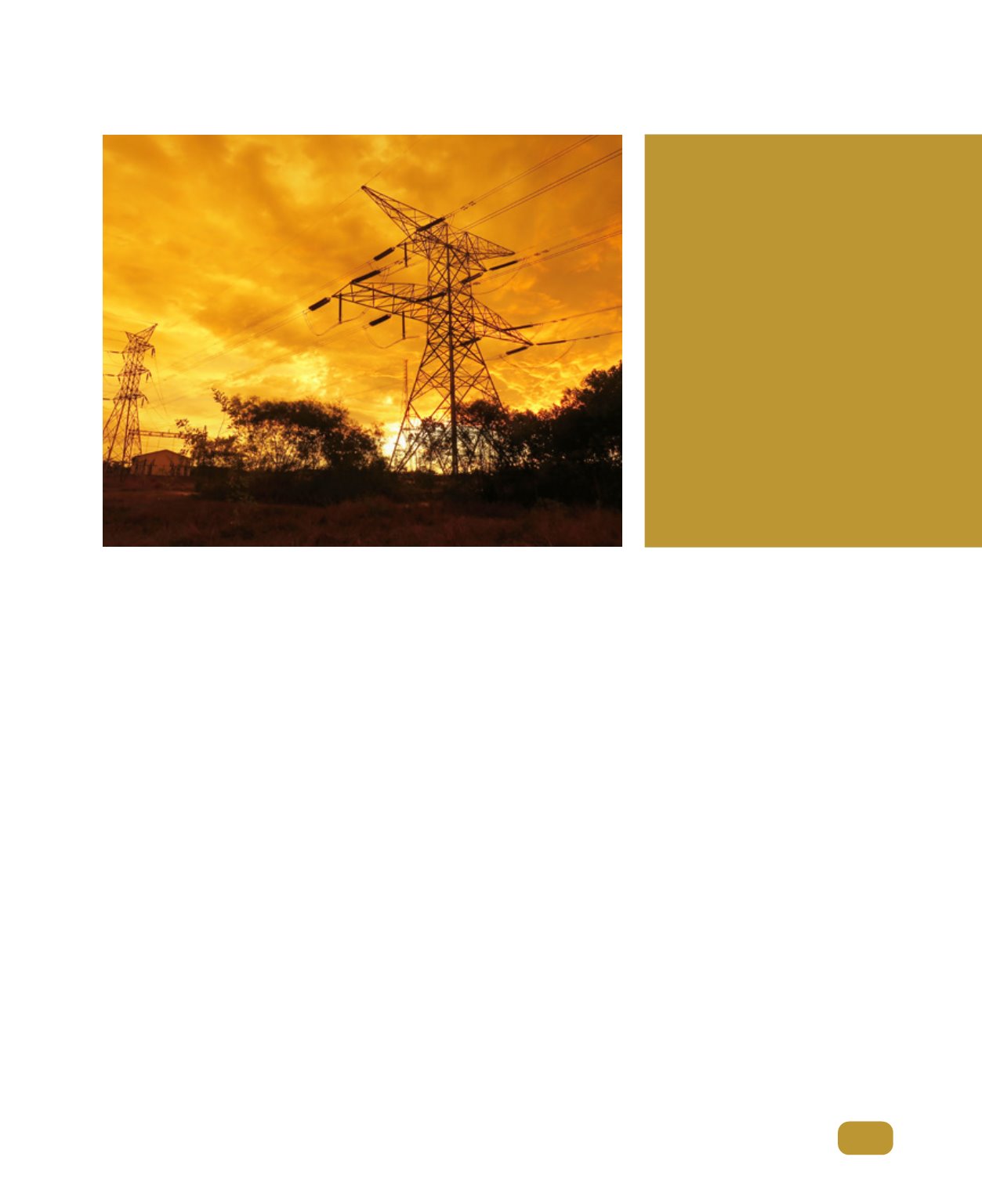

153
ENERGY SECTOR
The core strategic
areas are guided by the
principles of achieving
Brunei Vision 2035 and
promoting economic
security, sustainability
and prosperity
through a low carbon
approach in protecting
the environment to
ensure environmental
sustainability.
Responding to climate
change
The country’s first climate change policy
was launched by the Brunei Darussalam
National Council on Climate Change
on July 25, 2020.
Dubbed the ‘Brunei
Darussalam National Climate Change
Policy’ (BNCCP), the policy aims to
pave the way towards low carbon and
climate-resilience for a sustainable
nation.
In recognising the nation’s foundations
towards constructing a successful
Zikir
Nation, the BNCCP is driven by the five
Maqasid
(objectives) of the Syariah.
The core strategic areas are guided
by the principles of achieving Brunei
Vision 2035 and promoting economic
security, sustainability and prosperity
through a low carbon approach in
protecting the environment to ensure
environmental sustainability.
The policy focusses on 10 core
strategic areas with objectives that
are to be implemented in the next 15
years: industrial emissions, forest cover,
electric vehicles, renewable energy,
power management, carbon pricing,
waste management, climate resilience
and adaptation, carbon inventory, and
awareness and education.
Each strategy contains its own strategic
objectives, policy tools, timeline and
key performance indicators (KPIs) as a
precursor to the action needed to take
place to achieve each strategic target.
The 10 key strategies of the BNCCP
will be adopted with 2035 as a general
target year.
Under the key strategy for industrial
emissions, the country will reduce
overall emissions in the industrial sector
through ‘Zero Routine Flaring’ and
to ensure it is ‘As Low As Reasonably
Practicable’ (ALARP). Meanwhile for
forest cover, the strategy is to increase
carbon sink through afforestation and
reforestation with a target of planting
500,000 new trees.
Under electric vehicles, Brunei aims
to increase the total share of electric
vehicles to 60 per cent of total annual
vehicles sales while for renewable
energy the aim is to increase the total
share of renewable energy to at least
30 per cent of total capacity in the
power generation mix.
In power management, Brunei aims to
reduce greenhouse gas emissions by









